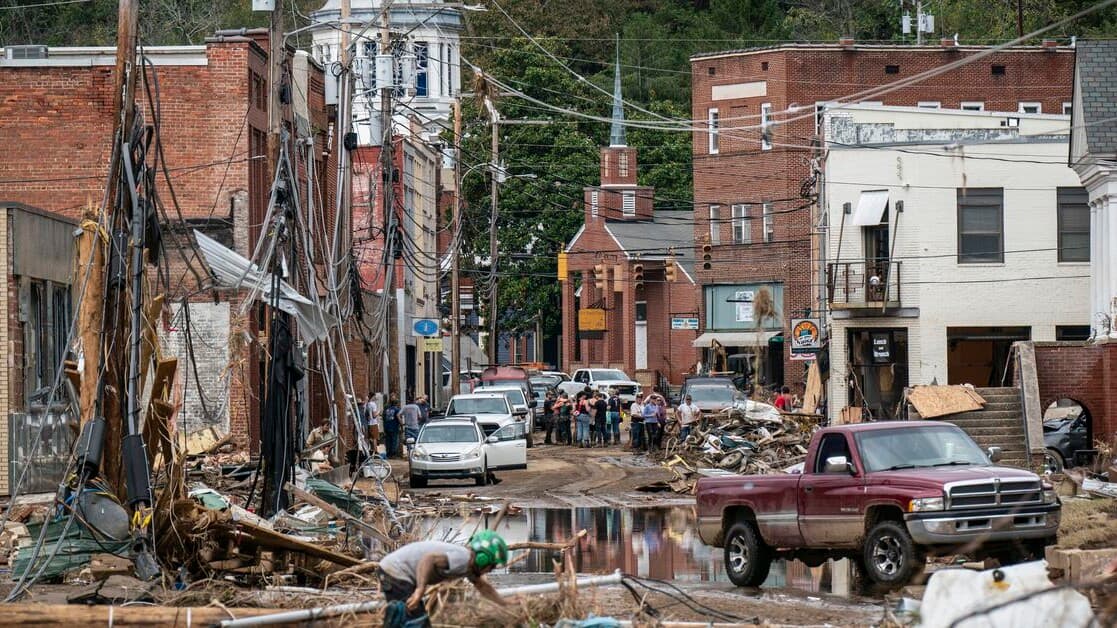
Major storms cause thousands of deaths 15 years later: Study
What's the story
A recent study has revealed that major storms, like Hurricane Helene that recently devastated Florida, contribute to thousands of deaths up to 15 years after their occurrence.
The research indicates a far more prolonged and devastating impact on lives than previously assumed.
While immediate fatalities from such events are often due to rising floodwaters or falling debris, this new research suggests a longer-term effect on mortality rates.
Long-term effects
Storms' impact on mortality rates far exceeds initial estimates
The study found that each tropical cyclone hitting the US results in an average of 7,000 to 11,000 excess deaths in total.
This figure is so significant that it accounts for up to 5% of all deaths along the eastern coast of the US since the 1930s.
"We looked at the data months...years after a storm...we were...surprised to see that people kept on dying," said Solomon Hsiang, a climate and public policy expert at Stanford University who co-authored this research.
Persistent fatalities
Study reveals hurricanes' long-term impact on public health
The study, published in the Nature journal, analyzed data from the Centers for Disease Control and Prevention for states affected by hurricanes between 1930 and 2015.
It found that hurricanes cause a persistent trickle of deaths for years afterwards, with certain groups such as infants and the Black population suffering relatively high risks of post-hurricane deaths.
"The impact of storms upon society is so much bigger...it's more of a public health issue than anyone really thought before," Hsiang added.
Underlying causes
Potential factors contributing to long-term hurricane fatalities
The study does not definitively identify the exact causes of these extra deaths but suggests potential factors.
These include economic and job losses after storms, overstretched local government budgets that underfund health providers, release of environmental toxins as storms hit industrialized areas, and stress-related health impacts on those enduring hurricanes.
"If we can figure out what is happening on the ground, we can design interventions and policies to eliminate this scourge of death," Hsiang stated.
Climate impact
Climate change exacerbates hurricane intensity and frequency
The study's findings imply that climate change effects on natural hazards like hurricanes are far more debilitating than previously estimated.
As the world continues to warm due to fossil fuel consumption, hurricanes are becoming stronger and intensifying more rapidly. This is likely due to warming atmosphere and oceans.
The climate crisis probably had a turbocharging effect upon Hurricane Helene, which gathered pace over an unusually hot Gulf of Mexico.